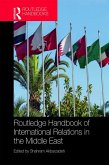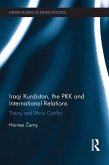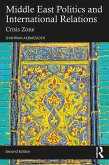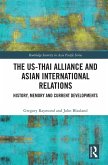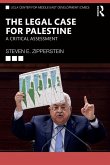This book assesses Tunisia's transition 'inside and out' from four angles: Tunisian polity and politics which provide the framework for its foreign policy since the 'Arab Spring'; bilateral relations before and after the 'Arab Spring'; Tunisia's activism in international organisations as well as their presence in Tunisia; and transnational issues in Tunisia. Drawing on a broad range of primary sources, including authors' own interview material conducted with politicians and representatives of civil society and international NGOs involved in the transition process, the book shows that since 2011 Tunisia has not only developed fundamentally at the domestic level, but also at the level of external relations. New and old alliances, a broadening of relations, and new activism of civil society and of Tunisia in international organisations certify that Tunisia has the potential to play an increasingly important role regionally as well as internationally.
Providing an encompassing picture of Tunisia's changed role and successful transition from an autocracy to a democracy, the book allows students and scholars in the field to understand the 'last country standing' better, a country that both the scientific community and the political scene should not underestimate for the promises it holds.
Dieser Download kann aus rechtlichen Gründen nur mit Rechnungsadresse in A, B, BG, CY, CZ, D, DK, EW, E, FIN, F, GR, HR, H, IRL, I, LT, L, LR, M, NL, PL, P, R, S, SLO, SK ausgeliefert werden.




